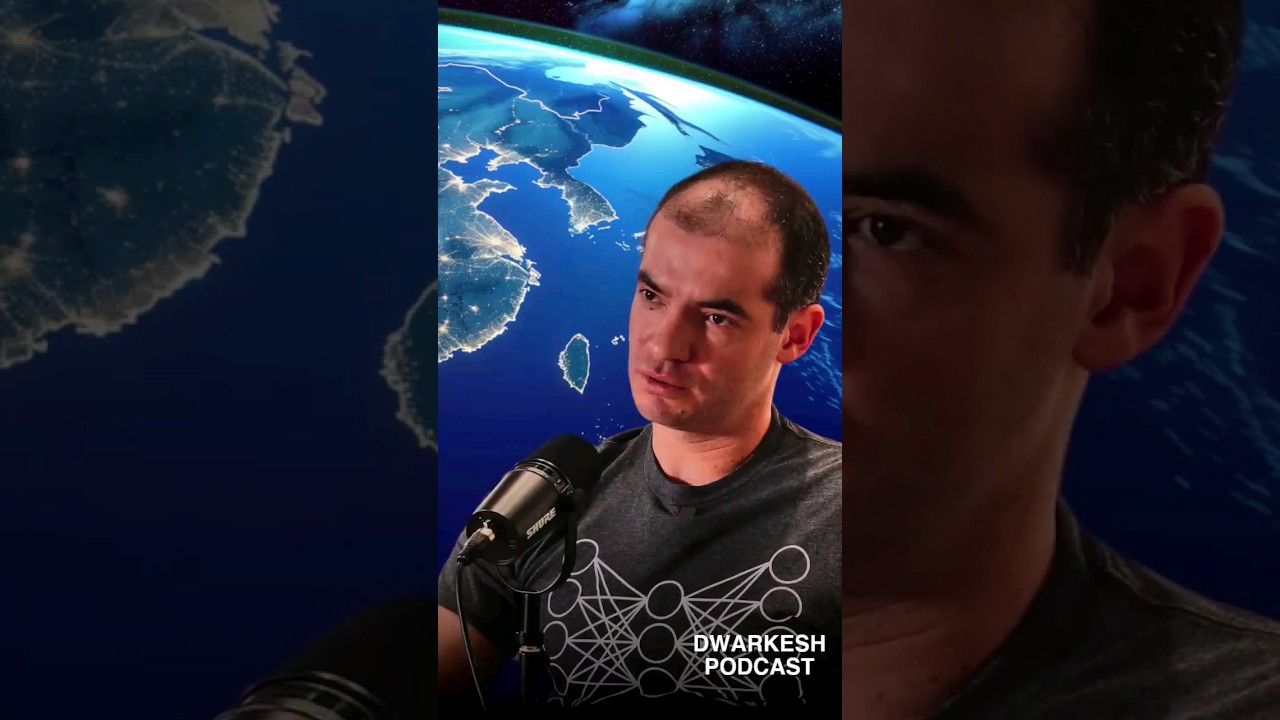Ilya Sutskever from OpenAI discusses the dependency of the AI ecosystem on Taiwan and potential vulnerabilities associated with it, such as a shortage of computing resources in the event of a disruption in Taiwan. Despite acknowledging the risks, Sutskever remains optimistic and highlights alternative options like utilizing older fabrication facilities to mitigate any setbacks and ensure the advancement of AI technologies.
The speaker, Ilya Sutskever from OpenAI, discusses the dependency of the AI ecosystem on Taiwan and the potential vulnerabilities associated with it. He suggests that a significant event in Taiwan, such as a tsunami, could result in a setback for the AI industry. This setback could lead to a shortage of computing resources for a few years, impacting the development and advancement of AI technologies. Despite this potential setback, Sutskever remains optimistic, noting that alternative options exist for computing resources outside of Taiwan.
Sutskever highlights that companies like Intel have fabs (fabrication facilities) from a few generations ago, which could be utilized to produce GPUs from previous years if needed. While these fabs may not be as advanced as those in Taiwan, they can still be effective in advancing AI technologies. This demonstrates that there are backup options available to mitigate the impact of any disruptions in Taiwan on the AI ecosystem. Sutskever emphasizes that while setbacks may occur, they can be overcome with alternative resources and strategies.
The speaker acknowledges that a significant event in Taiwan could have a substantial impact on the availability of computing resources for the AI industry. However, he suggests that the industry could adapt to these challenges by utilizing existing resources and exploring alternative options for production. Sutskever’s perspective reflects a pragmatic approach to addressing potential vulnerabilities in the AI ecosystem and highlights the resilience of the industry in overcoming obstacles.
Overall, Sutskever’s insights underscore the importance of considering the potential risks and vulnerabilities associated with the AI ecosystem’s dependency on Taiwan. By recognizing these challenges and exploring alternative solutions, the industry can better prepare for potential disruptions and ensure continued progress in AI development. Sutskever’s optimism and practical outlook provide valuable insights into how the AI community can navigate potential setbacks and continue to innovate in the face of adversity.
